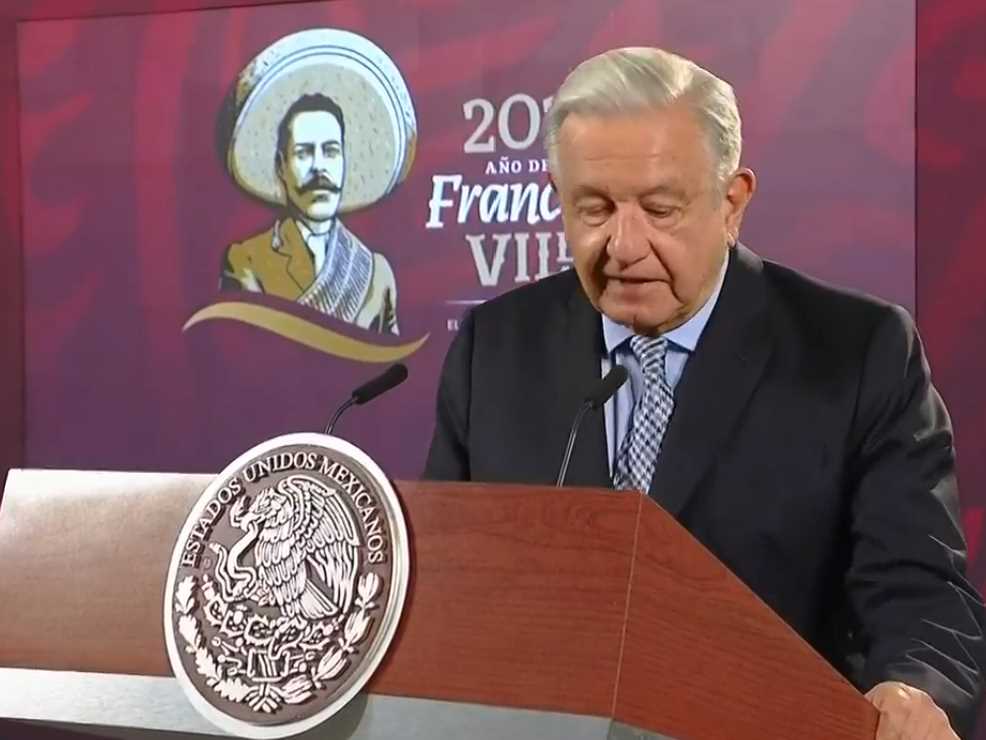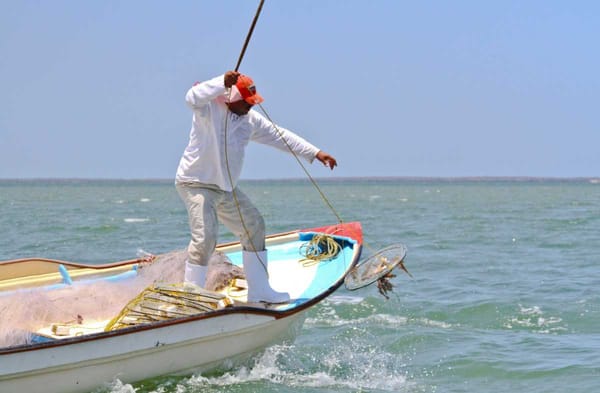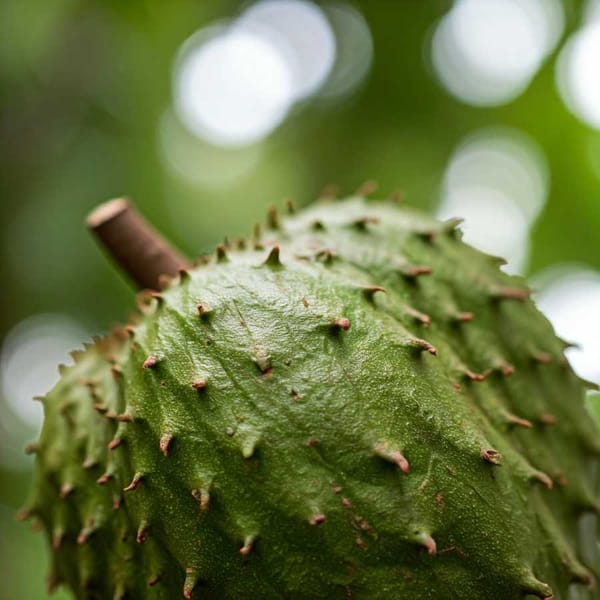IMSS Goes From Medicine Woes to Supply Success
AMLO unveils progress on the IMSS Well-being program and Mexico-Toluca Train project. Media attacks were condemned as elite interests tried to undermine his government—a morning conference packed with updates and a call for honesty in public office. Stay informed!

President Andrés Manuel López Obrador (AMLO) kicked off the morning conference today with updates on various topics, including the progress of the IMSS Well-being program, the Mexico-Toluca Intercity Train project, and media attacks against his government.
The head of the Mexican Social Security Institute (IMSS), Zoé Robledo, reported significant advancements in the IMSS Well-being plan. Since April 1, 2022, a total of 22 entities have signed agreements to join the program, amounting to an investment of 5,390 million pesos for health sector facility refurbishments and the acquisition of 84,367,000 pieces of medical equipment. Notably, several states saw significant improvements in their medicine supply percentages, with Nayarit reaching 99%, Tlaxcala at 96%, Colima at 97%, Baja California Sur at 99%, Sonora at 98%, Sinaloa at 98%, Campeche at 98%, and Guerrero at 88%.
Addressing concerns about IMSS public tenders, Robledo clarified that changes were made to the design of the Blood Bank and Laboratory Studies tender process to ensure the broadest participation. The tenders are currently in the evaluation stage, with decisions expected in July. Robledo expressed satisfaction with the increased number of participants due to the tender's redesign.
Roberto Salcedo Aquino, the secretary of the Public Function, highlighted the agency's efforts to investigate the legality of public tenders in the health sector. He pointed out that many services had been privatized in previous administrations, benefiting companies despite their limitations in participating in tenders. The Business Integrity Register aims to improve the quality of health services by ensuring that the companies providing them are suitable.
Providing updates on the Mexico-Toluca Intercity Train project, Manuel Gómez Parra, director of Railway Development, announced that operations are set to begin on September 14. The train will connect the Toluca Metropolitan Area with the western part of Mexico City. Currently, pre-operational tests are underway, and progress has been made on the construction of viaducts, bitunnels, and surface sections.
The intercity train will cater to an estimated demand of 81,000 passengers per day in 2024, increasing to 147,000 in 2030 and 195,000 in 2045. The federal public investment for the project amounts to 97 billion pesos, covering civil works, electromechanical works, railway equipment, engineering, supervision, certification, and pre-operational expenses.
Martí Batres, head of the Mexico City Government, emphasized the economic benefits of the Mexico-Toluca Intercity Train, connecting the two most economically dynamic entities in Mexico. The governor of the State of Mexico, Alfredo del Mazo Maza, added that the project would enhance transportation in the Valley of Mexico, benefiting over 700,000 people and 1.7 million inhabitants in the six municipalities of influence in the state.
During the conference, President López Obrador thanked U.S. President Joe Biden for refraining from applying trade measures against Mexico in response to a complaint about the alleged neglect of the vaquita porpoise. López Obrador assured that the Ministry of the Navy is actively monitoring the Sea of Cortés to preserve and promote the reproduction of the species.
Turning to domestic issues, the President reiterated his commitment to lowering the prices of food and necessities, citing agreements with major retailers like Walmart, Chedraui, and Soriana. The "basic basket" of 24 products, which previously cost 1,039 pesos, has now been reduced to below 900 pesos, and in some cases as low as 800 pesos. López Obrador stressed the importance of state participation in development, aiming for energy and food self-sufficiency.
In other announcements, President López Obrador revealed plans for upcoming visits to Colombia and Chile. During his visit to Colombia, he intends to discuss cooperation in combating drug trafficking and promoting welfare programs. Additionally, he addressed drug abuse statistics in Sonora, highlighting a decrease in deaths caused by drug abuse in recent years.
Addressing media attacks, López Obrador emphasized informing and trusting the people to counteract the negative narratives. He accused the elite, influence peddlers, corrupt politicians, the media, and some sectors of the middle class of being upset due to the loss of previously lucrative business deals that flourished under public power. The President criticized certain media outlets for serving vested interests and corruption, pointing out their campaign to attack his government.
Closing the conference, López Obrador stressed the importance of honesty in public officeholders and expressed his willingness to abide by the decision of the National Electoral Institute (INE) Complaints Commission not to discuss electoral issues. However, he lamented the hindrance it poses in informing the public about those seeking to return to power and resume corrupt practices.
The morning conference covered a range of pressing issues, highlighting the progress of various government programs and infrastructure projects, while also addressing media criticism and electoral matters.




